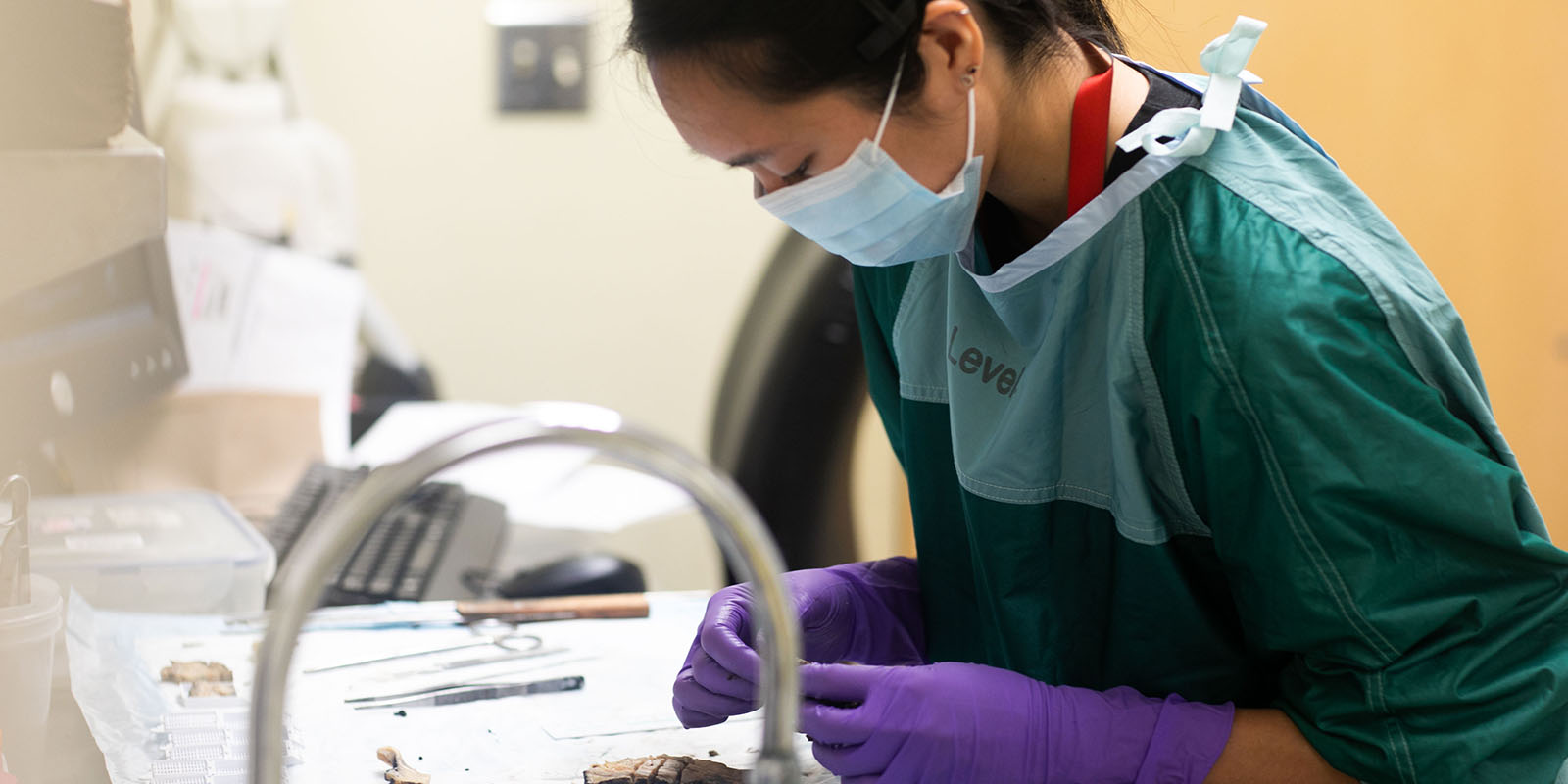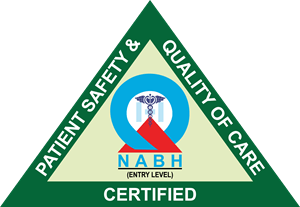Autopsy Services
What Is Autopsy Services ?
Autopsy services, also known as post-mortem examinations, refer to the comprehensive medical examinations performed on deceased individuals to determine the cause and manner of death. These examinations are conducted by trained medical professionals, often pathologists, who specialize in the study of diseases and abnormalities.
Cause of Death Determination: Autopsies are conducted to establish the primary medical condition or injury that led to the individual's death. This information is crucial for accurate death certification. Manner of Death Determination: Autopsies also determine the manner in which the individual died. The common manners of death include natural, accident, suicide, homicide, and undetermined. Forensic Autopsies: In cases of suspicious or violent deaths, autopsies play a crucial role in gathering evidence for criminal investigations. This is particularly important in cases of homicides, accidents, or deaths under suspicious circumstances. Medical Autopsies: These autopsies are performed to gain a deeper understanding of disease processes, study the effects of medical treatments, and contribute to medical research and education. Legal and Judicial Purposes: Autopsy findings can be used as evidence in legal proceedings, including criminal investigations, insurance claims, and medical malpractice cases. Identification of Unknown Bodies: In cases where the identity of a deceased person is unknown, autopsies may be conducted to establish their identity and provide clues about the cause of death. Education and Training: Autopsy services are an important component of medical education, particularly for aspiring pathologists and other healthcare professionals. They provide valuable hands-on experience in understanding anatomy, disease processes, and the post-mortem examination techniques. Family Closure and Consent: In some cases, families may request an autopsy to gain a better understanding of their loved one's medical condition or to provide closure. Consent from the deceased person's legal next of kin is typically required for a non-forensic autopsy. Research and Advancement of Medical Knowledge: Autopsies contribute to medical research by providing insights into disease processes, treatment effectiveness, and the occurrence of rare or unusual conditions. Public Health Surveillance: Autopsies can help identify emerging diseases, study disease patterns, and contribute to public health efforts by providing crucial information about causes of death in a population. Organ and Tissue Donation: Autopsies may be performed on individuals who have consented to organ or tissue donation after death. These autopsies help ensure the suitability of donated organs for transplantation. Autopsy services are conducted with the utmost respect and professionalism, and they play a critical role in advancing medical knowledge, providing answers to families, and contributing to the administration of justice. They are an important component of comprehensive healthcare and medical practice.

What Is The Main Cause Of Autopsy Services ?
The main cause of autopsy services is to conduct thorough and systematic medical examinations of deceased individuals to determine the cause and manner of death. This process serves several important purposes in healthcare, forensic investigations, and medical research:
Public Health Surveillance: Autopsies play a role in public health by providing data on causes of death, patterns of diseases, and the prevalence of specific conditions within a population. This information is essential for public health planning and interventions. Family Closure and Consent: Families may request an autopsy to gain a better understanding of their loved one's medical condition or to find answers about the circumstances surrounding their death. Obtaining consent for autopsy services is a critical ethical and legal consideration. Organ and Tissue Donation: Autopsies may be performed on individuals who have consented to organ or tissue donation after death. These autopsies help ensure the suitability of donated organs for transplantation and provide information about the donor's health status. Legal and Judicial Proceedings: Autopsy findings can be used as evidence in legal proceedings, including criminal investigations, insurance claims, and medical malpractice cases. Overall, autopsy services are conducted with the highest level of professionalism, respect for the deceased, and adherence to ethical and legal standards. They play a critical role in providing answers to families, advancing medical knowledge, contributing to forensic investigations, and improving the quality of healthcare.
Clinical Services
Facilities
24 Hours Services



